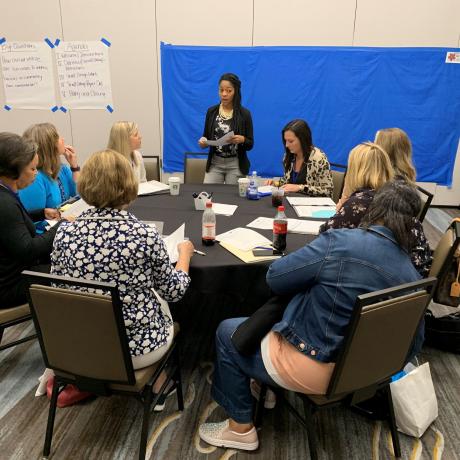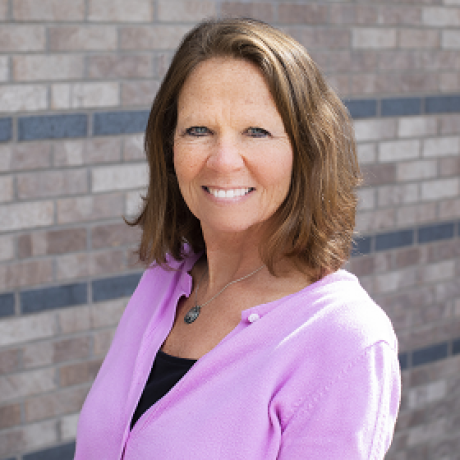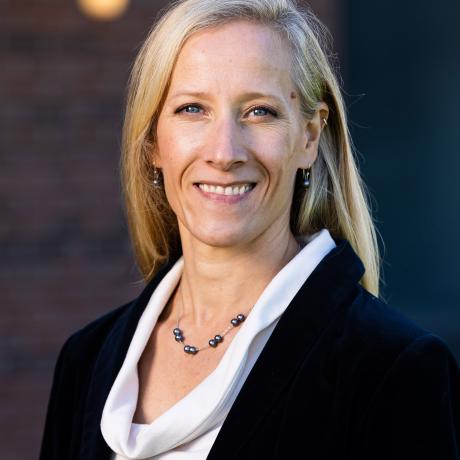Our CHNA Services
Community Survey
Our team will survey your community members to generate a snapshot of what they identify as the area’s needs, challenges and opportunities. We’ll work together with you to customize the questions asked so the data collected is beneficial for your hospital and your community. And then we’ll handle survey distribution and collection, and data summarization. You’ll also receive communication templates that can be used to notify community members about the survey and support a strong response.
Secondary Data Collection
We’ll compile additional data from publicly available sources to gain insights on how your community’s health status — its health outcomes, its health behaviors, its clinical care and other factors — compares with county, state and national figures.
Focus Group Sessions and Key Informant Interviews
Since listening is one of the best ways to learn about your community’s assets and needs, our experienced facilitators will lead community members in your area — including those from groups who are underrepresented or historically marginalized — in face-to-face focus group sessions and one-on-one interview sessions. We’ll help you identify participants whose voices can offer valuable insights into your community’s current state of health.
Presentation of Findings and Identification of Health Priorities
During a virtual session, our team will share the results of our research — findings from the community survey, secondary data analysis, focus group sessions and key informant interviews — with your organization's leadership and community partners. The session will include time to ask questions and begin a conversation about key findings. We will wrap up the session with a consensus-based workshop that aims to help you and your partners identify priorities of your hospital's implementation plan.
Implementation Planning with Quarterly Coaching Support
Finally, we’ll help you begin the process of translating the results of your community health needs assessment into a plan for best meeting your community's needs. We’ll facilitate an implementation planning workshop — hosted either on-site or as a virtual session — to help you and your key community partners generate a list of strategies and actions that can be implemented to improve the health and well-being of your community. In addition, quarterly coaching calls are designed to provide ongoing support and guidance as your hospital works toward adopting specific goals and strategies to improve the health and well-being of your community.
CHNA Packages
Two packages of CHNA services are available and allow hospitals and health systems the opportunity to customize options to meet their needs and budget:
- The Premier Package includes the full range of CHNA services: Community Survey, Secondary Data Collection, Focus Group Sessions and Key Informant Interviews, Presentation of Findings and Identification of Health Priorities, and Implementation Planning with Quarterly Coaching Support.
- The Basic Package includes all CHNA services, with the exception of the Community Survey.
Customer Testimonials



